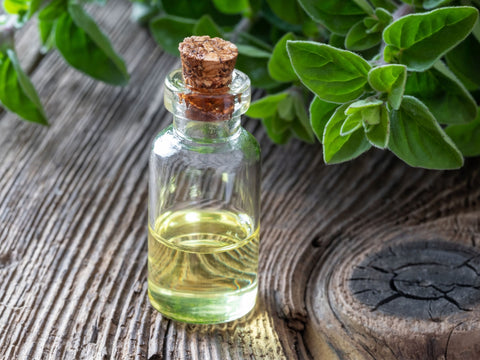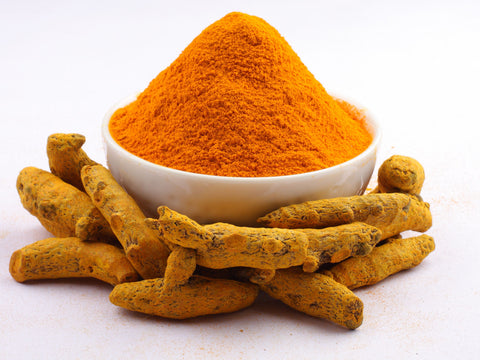Oregano, scientifically known as Origanum vulgare, is a popular herb in the culinary world, loved for its distinct aroma and flavor. While oregano has been widely used in cooking, another form of oregano that has gained popularity in recent years is oil of oregano. Although both share the same name and come from the same botanical source, there are significant differences between oregano and oil of oregano in terms of their composition and their uses.
First, oregano refers to the dried leaves of the Origanum vulgare plant. It is commonly used in cooking to enhance the flavor of various dishes, such as pasta sauces, pizzas, and soups. Oregano leaves contain a plethora of essential compounds like carvacrol, thymol, and rosmarinic acid, known for their antimicrobial, antioxidant, and anti-inflammatory properties. Oregano is also a rich source of vitamins A, C, and K, as well as minerals like potassium, calcium, and iron, making it a valuable addition to a healthy diet.
On the other hand, oil of oregano is a highly concentrated extract obtained from the leaves and flowers of the oregano plant. It is typically produced through a steam distillation process, resulting in a potent oil that contains a higher concentration of the active compounds found in oregano. Carvacrol, a phenol present in oil of oregano, is primarily responsible for its antimicrobial properties. This concentrated form of oregano is often sold as a dietary supplement or in essential oil form.
Another significant difference between oregano and oil of oregano lies in their uses. Oregano, in its dried form, is predominantly used in culinary applications, imparting a distinctive flavor to a wide range of dishes. It is combined with other herbs, spices, and ingredients to create flavorful recipes. In contrast, oil of oregano is primarily used for its medicinal properties. It is believed to have antibacterial, antiviral, and antifungal effects, making it popular for combating various conditions such as respiratory infections, digestive issues, and skin problems. Additionally, oil of oregano is sometimes used topically for its potential wound-healing properties.
So while oregano and oil of oregano originate from the same plant, they have notable differences in terms of their composition and uses. Oregano is widely used in cooking as a culinary herb, enhancing the flavor and nutritional profile of dishes. In contrast, oil of oregano is a concentrated extract that is primarily used for its medicinal properties, known for its antimicrobial effects. Understanding these differences between oregano and oil of oregano allows one to make informed decisions about their usage in both culinary and therapeutic contexts.
Article By: Heather Campa, Wyoming Wildflower



